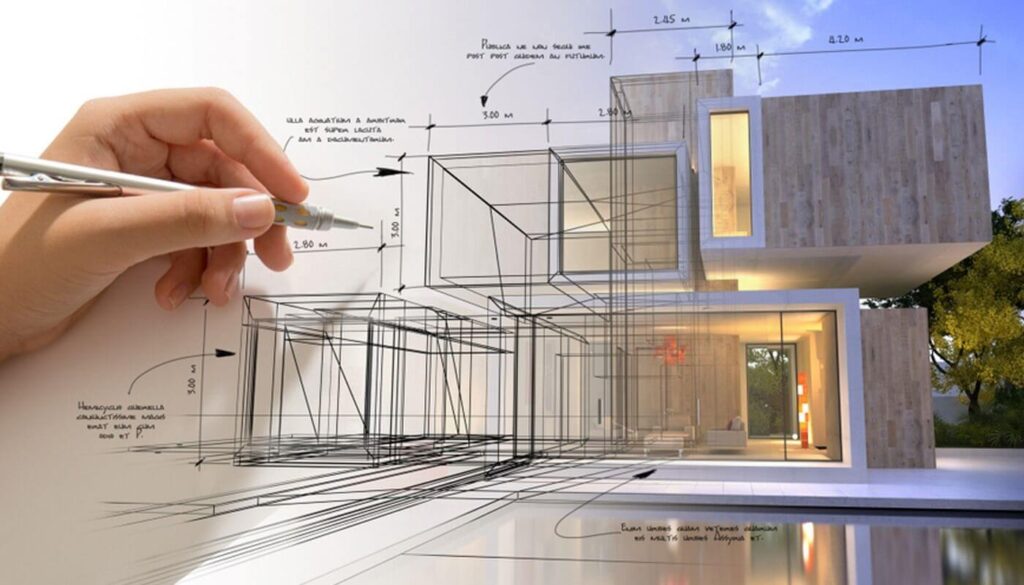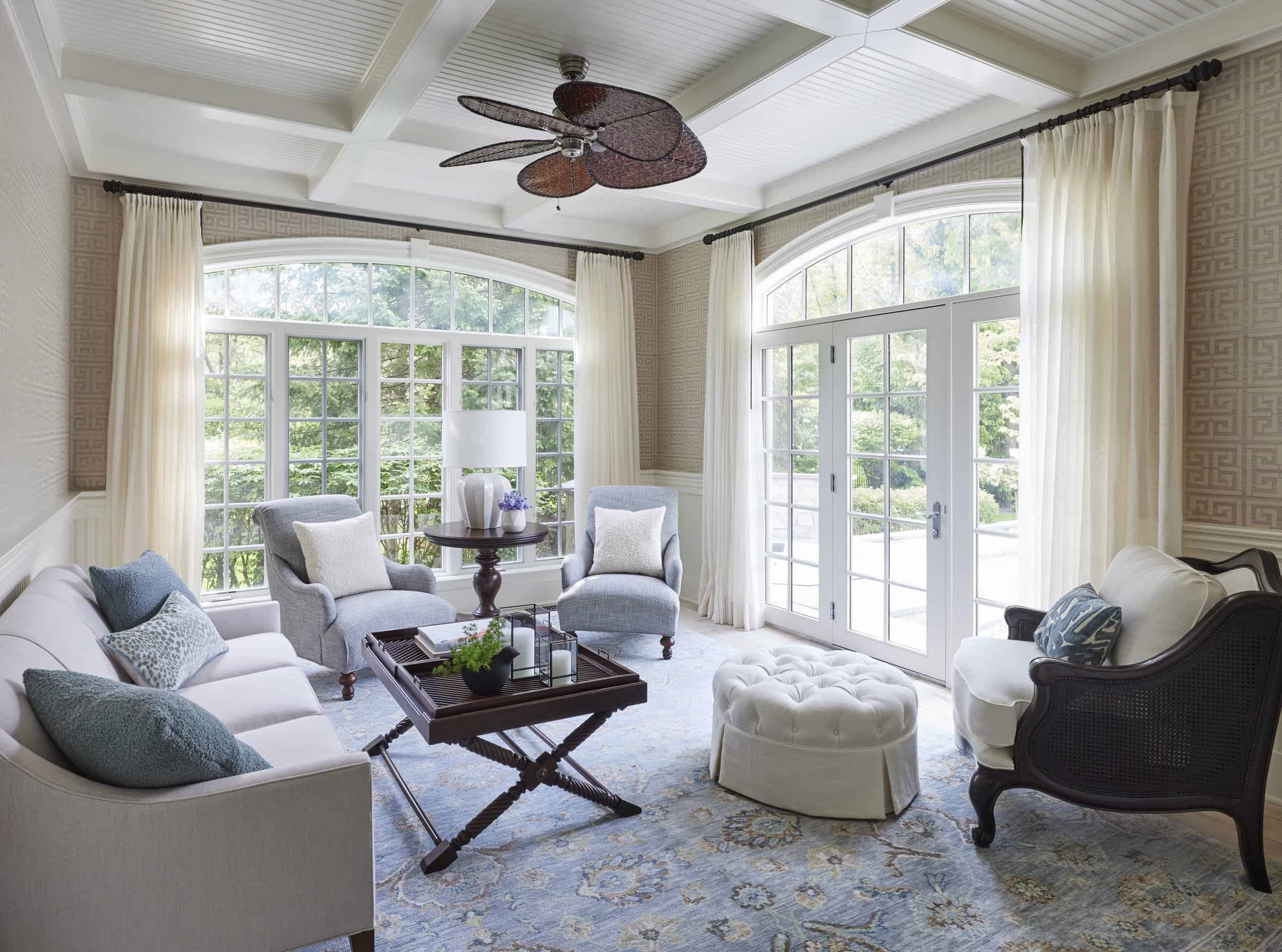Raise Your Home's Aesthetic: The Essential Link Between Interior Design and Home Designer
In the quest to transform a house into a home, the bond between indoor layout and architecture is important. As we explore this topic better, we'll introduce essential techniques for integrating building structure with interior looks, welcoming you to discover new dimensions of your living area.
Comprehending the Core Principles of Interior Design and Architecture
While several may view interior style and design as just aesthetic pursuits, they are, in truth, complicated self-controls rooted in certain core principles. These principles lead the development of functional, sustainable, and cosmetically pleasing areas. In interior decoration, elements such as balance, rhythm, and emphasis are vital considerations. Designers manipulate these components to develop rooms that are not just aesthetically attractive, but likewise practical and comfy. Similarly, architecture rotates around concepts such as energy, charm, and longevity. Architects need to take into consideration these variables while creating buildings that satisfy the demands of their owners, stand up to the examination of time, and add favorably to their surrounding setting. Comprehending these core concepts is important for valuing the depth and breadth of these interconnected techniques.

The Symbiotic Partnership In Between Interior Design and Home Architecture
Though apparently distinct, indoor layout and home design share a symbiotic relationship that is essential to the production of harmonious, useful, and visually pleasing living rooms. The style provides the skeleton, a physical framework where interior layout takes a breath life, turning these rooms into homes. They are synergistic; the style commonly educating the interior style options, and vice versa.
Crucial Element for Balancing Interior Design and Architectural Design

Case Studies: Successful Combination of Interior Design and Style
Examining several study can clarify the effective combination of indoor style and design. One such case is the iconic Farnsworth Home, made by Ludwig Mies van der Rohe. Its open layout and extensive windows harmoniously mix the interior with the surrounding setting. The minimal furniture selection and neutral color palette better enhance the architectural attributes. Another instance is Philip Johnson's Glass House. It utilizes a comparable technique, but the interior decoration is bolder, with a popular sculpture in the living area, creating a dynamic interplay between the architecture and interior design. These instances show the capacity for interior decoration and architecture to improve each other, producing a her response cohesive and aesthetically pleasing setting.
Tips for Aligning Your Interior Design With Your Home's Architectural Features
While it may seem difficult, aligning your indoor design with your home's building functions can dramatically improve the overall aesthetic and ambience. Use the natural light, forms, and lines of your home's design. With thoughtful consideration, your interior design can flawlessly mix with your home's design, creating a natural and welcoming room.
Conclusion

Raise Your Home's Aesthetic: The Necessary Link In Between Inside Design and Home Architect - Winchester architect
Though seemingly distinct, interior layout and home architecture share a symbiotic connection that is important to the development of harmonious, practical, and cosmetically pleasing living areas. It utilizes a similar approach, but the interior design is bolder, with a noticeable sculpture in the living location, producing a dynamic interplay between the architecture and indoor style. With thoughtful consideration, your interior layout can perfectly blend with your home's style, developing a cohesive and inviting space.
In significance, home design and interior layout are synergistic self-controls that, when harmoniously incorporated, can raise a home's visual and livability. - Winchester architect